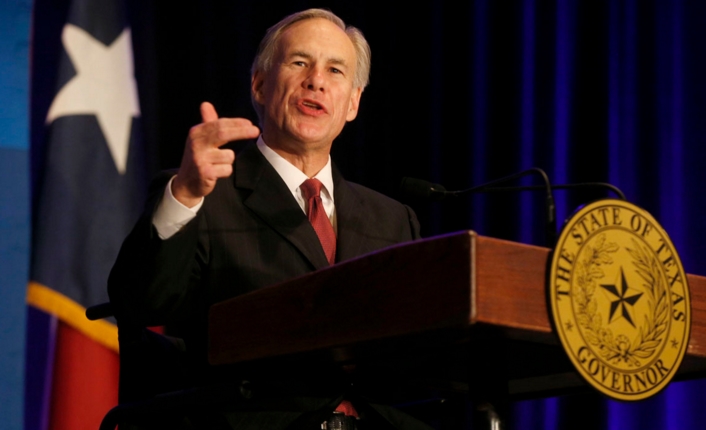 Parler
Parler Gab
Gab
- Ukrainian President Zelensky and Russian President Putin may meet in Turkey this Thursday for potential peace talks, marking a rare diplomatic breakthrough after years of war.
- President Trump’s public pressure played a key role in pushing for the meeting, demanding an immediate end to the conflict in a Truth Social post.
- Zelensky agreed to attend but insists on a full ceasefire beforehand, while Putin remains noncommittal, calling the talks a potential "spectacle."
- Speculation grows that Trump might make a surprise appearance in Turkey, adding further intrigue to the high-stakes negotiations.
- The meeting offers cautious hope for peace, but deep distrust and conflicting demands risk derailing any progress.
A breakthrough after years of deadlock
The path to Thursday’s planned meeting in Istanbul was anything but smooth. For months, Zelensky insisted on preconditions, including a full ceasefire, before entertaining direct talks with Putin. Meanwhile, the Russian leader accused Kyiv and its Western backers of rejecting previous ceasefire offers, claiming Ukraine’s leadership was more invested in "personal political ambitions" than peace. But Trump’s forceful intervention on Truth Social over the weekend appears to have broken the stalemate. "President Putin of Russia doesn’t want to have a Cease Fire Agreement with Ukraine, but rather wants to meet on Thursday, in Turkey, to negotiate a possible end to the BLOODBATH," Trump wrote. "Ukraine should agree to this, IMMEDIATELY." Hours later, Zelensky relented, posting on X: "I will be in Türkiye this Thursday, May 15, and I expect Putin to come to Türkiye as well. Personally. And I hope that this time, Putin won’t be looking for excuses as to why he “can’t” make it."Will Putin show up?
Despite Zelensky’s confirmation, the Kremlin has yet to confirm Putin’s attendance. Russian officials have dismissed the sudden diplomatic flurry as "pure spectacle," with Deputy Speaker Konstantin Kosachev calling it "comedy" and suggesting Zelensky should "be afraid" of such a meeting. Yet Putin himself struck a more open tone, stating, "Our proposal, as they say, is on the table," and hinting that "some new truces" could emerge from the talks. The uncertainty hasn’t stopped Trump from hinting at a potential surprise appearance. With the president scheduled to be in the Middle East this week, speculation is mounting that he could make a detour to Turkey. "I was thinking about actually flying over there," Trump told reporters Monday. "There’s a possibility of it, I guess, if I think things can happen."Ceasefire or empty promises?
Zelensky’s agreement hinges on Russia implementing a "full and unconditional ceasefire" ahead of the talks—a demand Putin has so far resisted. European leaders have backed Ukraine’s position, threatening expanded sanctions if Moscow refuses. But Putin has dismissed ultimatums, insisting negotiations must proceed without preconditions. Trump, however, remains optimistic thanks to his belief that both sides are finally feeling the pressure to end the war. With U.S. and European support for Ukraine waning amid financial and political fatigue, and Russia facing mounting battlefield losses despite recent gains, the timing for diplomacy may never be better.A glimmer of hope... or another false dawn?
While the world watches for signs of progress, the stakes couldn’t be higher. A successful meeting could pave the way for a lasting peace, but failure could deepen the conflict. Zelensky’s sarcastic tone in daring Putin to show up hints at lingering distrust. Meanwhile, Putin’s vague references to addressing the "root causes" of the war suggest Moscow still seeks territorial concessions Kyiv may never accept. Yet for the first time in years, there is real momentum toward dialogue. Whether it leads to peace or collapses in recriminations, Thursday’s meeting in Turkey could be a defining moment—one made possible by Trump’s unrelenting push for negotiation over escalation. Will diplomacy prevail? Sources for this article include: YourNews.com News.Antiwar.com 100PercentFedUp.com NYPost.comUK halts trade talks with Israel, condemns Gaza offensive as “morally unjustifiable”
By Cassie B. // Share
Governments continue to obscure COVID-19 vaccine data amid rising concerns over excess deaths
By patricklewis // Share
Tech giant Microsoft backs EXTINCTION with its support of carbon capture programs
By ramontomeydw // Share
Germany to resume arms exports to Israel despite repeated ceasefire violations
By isabelle // Share










